Fossil might be the only company with the vision to challenge Apple in the smartwatch market
This article may contain personal views and opinion from the author.
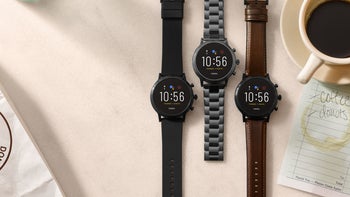
Fossil Gen 5 family
A lot can happen in the volatile tech landscape in the space of only a few months, so although I couldn't conceive the possibility of anyone even hoping to threaten Apple's crushing dominance over the global smartwatch market just a little while ago, a series of recent events is making me seriously reconsider that assessment.
Of course, I don't expect Apple to be surpassed at the top of the smartwatch shipment chart tomorrow... or a year after that... or even five years down the line. For many people, the Apple Watch will remain synonymous with the very idea of a smartwatch the same way that iPads equal tablets and the AirPods are the only wireless earbuds that a big chunk of iPhone users would ever consider buying.
But the smartwatch market has been growing at a pretty impressive pace lately and analysts predict that trend will continue, driven primarily but not solely by steady Apple Watch demand. So, if Google, Samsung, Huawei, and Fitbit seem unlikely to pose a real threat for the supremacy of the Cupertino-based tech giant, who can rise through the ranks in the long run and at least close the gap to Apple? Well, I think Fossil is the underdog to watch out for (no pun intended), and I'll try to explain why:
More than one brand, more than one threat
Before rushing to disregard a company that doesn't exactly specialize in designing, building, and selling gadgets to the masses, you should know Fossil is actually a pretty large "group", releasing wearable devices under a lot of well-known and well-liked brands in addition to its own name. We're talking brands like Michael Kors, Diesel, Emporio Armani, Skagen, Misfit, and even Puma to name but a few.
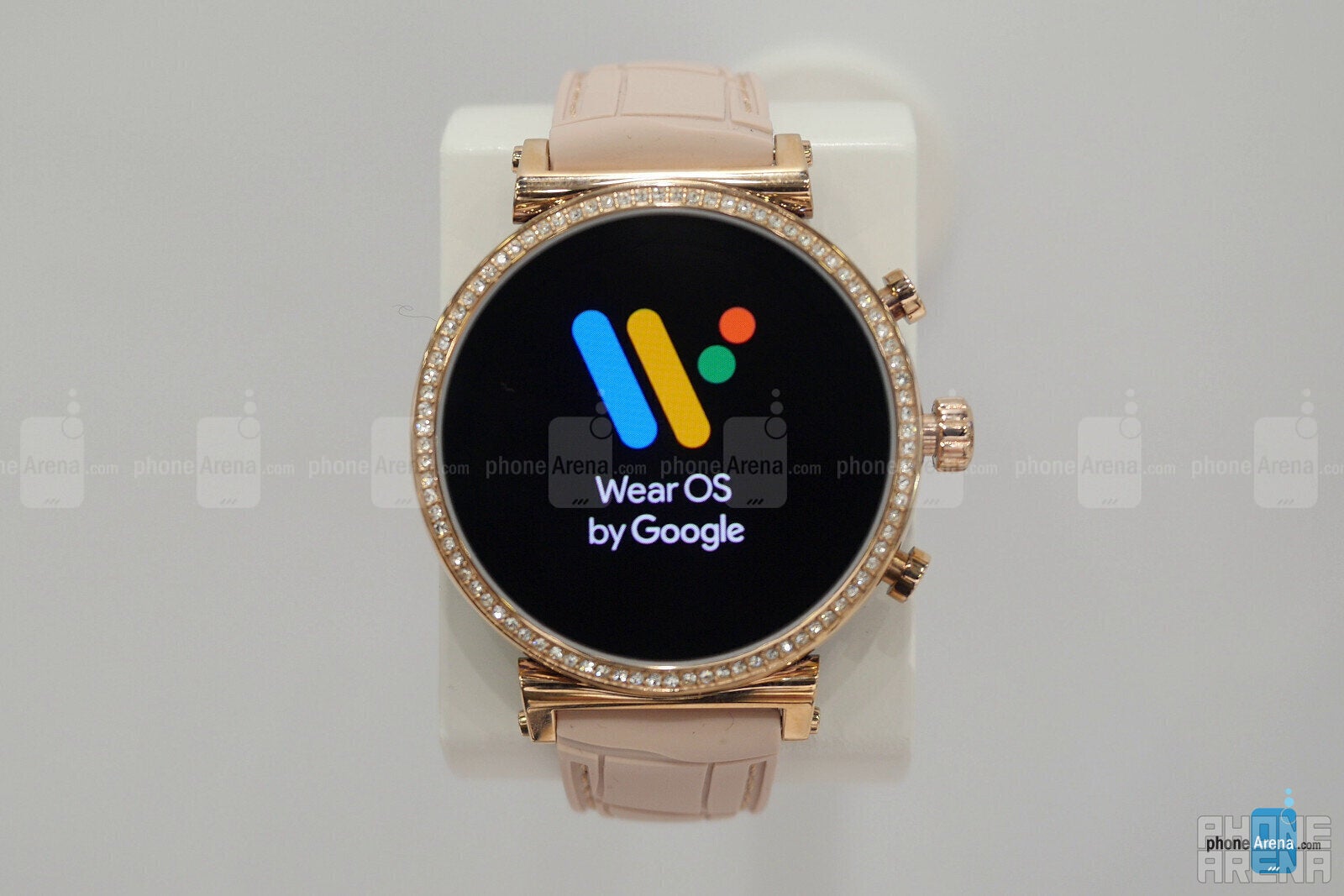
Fossil sells some pretty exquisite smartwatches under the Michael Kors brand
While most of the Fossil Group's licenses come from fashion designers that have a fairly limited target audience with little to no room for expansion, devoted followers of the tech scene may remember Misfit as the creators of some of the coolest activity trackers of the industry's early days. Well, what probably fell under your radar is that the Fossil Group acquired Misfit a few years back.
To give you an idea of the value of Misfit's proprietary technology, it appears that's what Google paid $40 million for earlier this year. While it remains unclear what plans Big G might have for the smartwatch market going forward, it's important to highlight Fossil simply agreed to share some of its "hybrid" tech with the search giant. So even if a Pixel Watch were to come next year, which seems unlikely, that would only help Fossil rather than hurt the company, drawing attention to its innovations in addition to product diversity.
A coherent vision
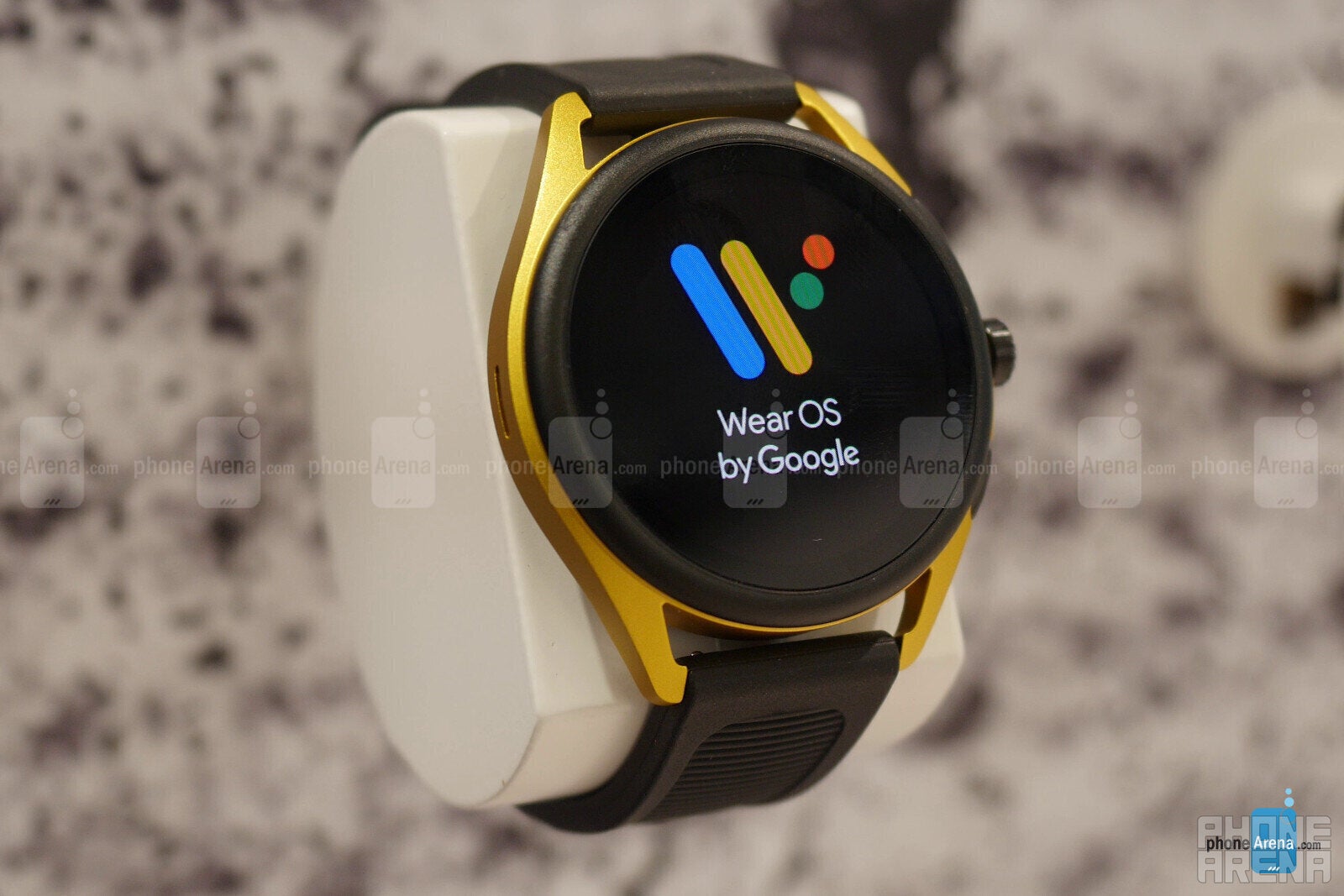
Under the hood, the Emporio Armani Connected is not very different from the newest Michael Kors devices
These bad boys are stylish in a fairly minimalistic way, aiming to stand out just enough to be noticed by your friends at dinner parties while not looking goofy or out of place on both large and small wrists. Many of the new models are made to strongly resemble traditional timepieces at first glance, but simultaneously, they can still do most of the things the Apple Watch is capable of. And because they're similar but not identical, they can cover a much wider range of price points than the competition.
They can't measure your ECG, detect falls, or claim to be able to save your life in any circumstance, but they're more powerful than their forerunners, have built-in speakers and microphones, as well as slightly improved battery life. They're certainly not perfect, but unlike Samsung, which can't seem to decide exactly what path to follow in trying to catch up with Apple, Fossil has its own direction and area of focus.
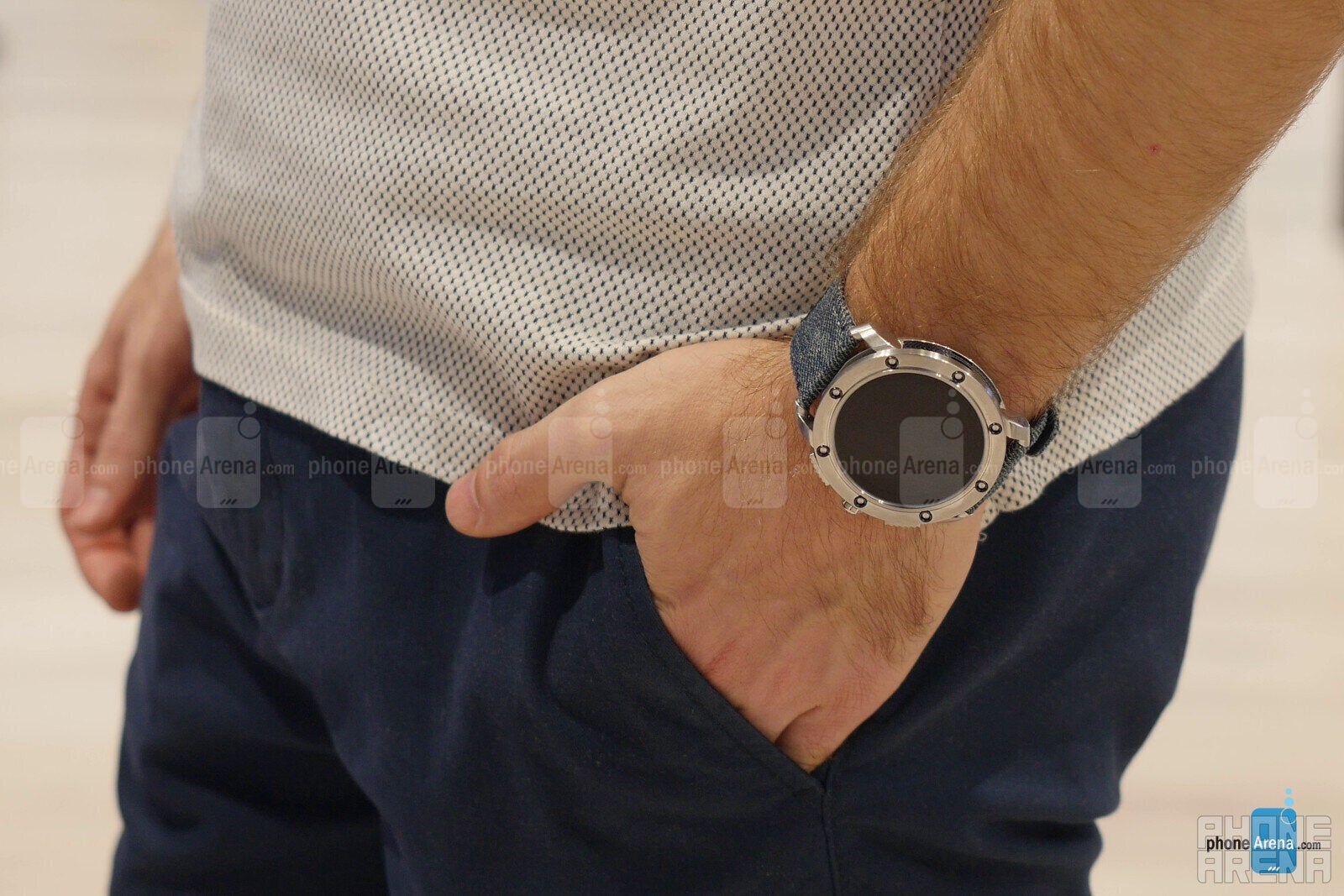
The Diesel On Axial is undeniably pretty in its own special way
Instead of constantly staying one step (or several) behind the market leader and main innovator, Fossil is focusing less on health and more on style to carve out a niche that could then turn into a significant industry segment.
Google still needs to step up its software game
Whether or not a mythical Pixel Watch is in the pipeline (again), Wear OS development has to continue and shift to a better pace of innovation and refinement. Otherwise, Fossil's great hardware efforts of late will be wasted on a software platform that remains light years behind Apple's watchOS, despite technically seeing daylight more than 12 months earlier as Android Wear.
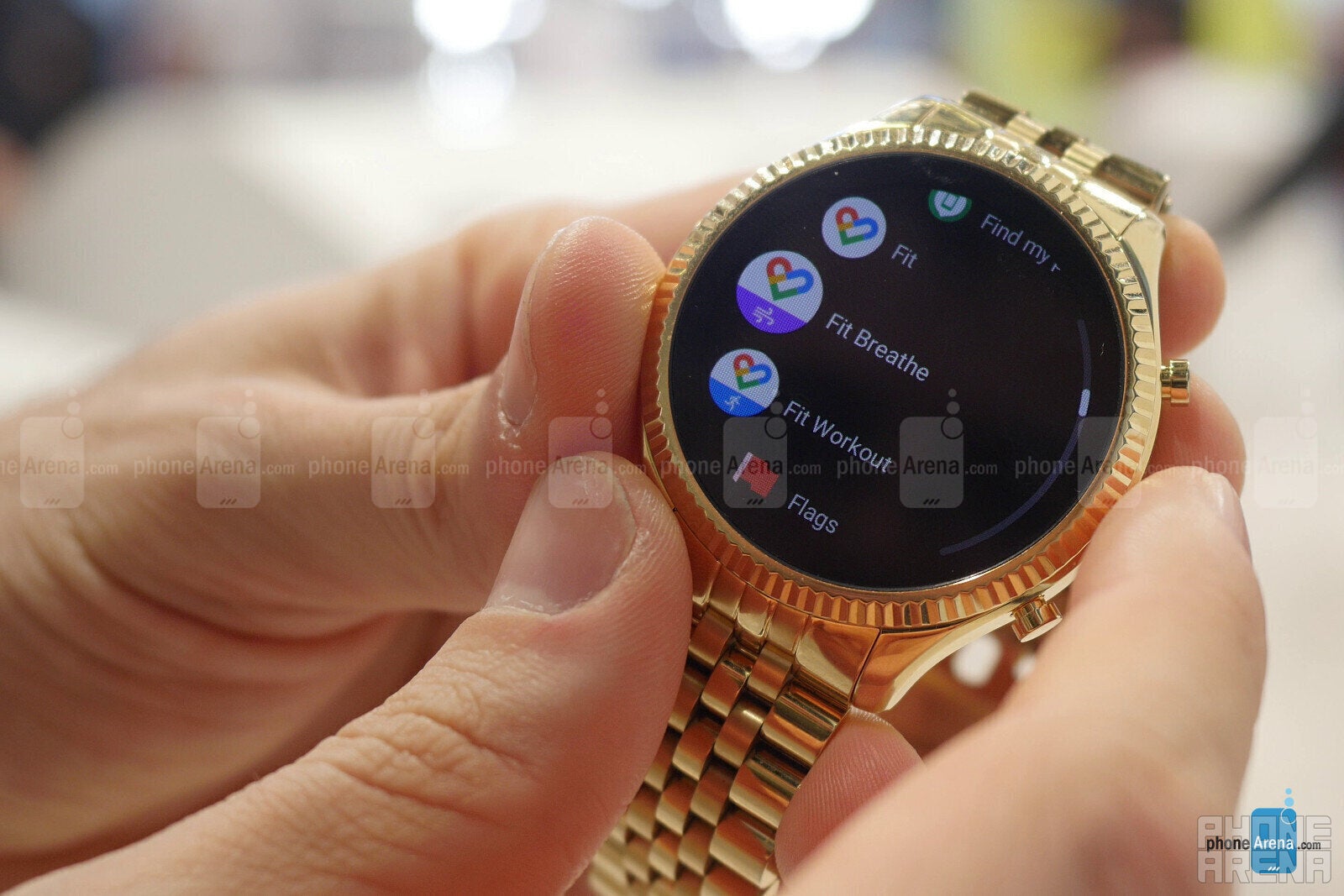
Wear OS is... not perfect when it comes to activity tracking
Fossil and Google basically need each other too, as the former is currently by far the latter's most prolific and significant Wear OS hardware-making partner. Of course, the large number of Fossil Group-made smartwatches released over the last couple of years hasn't translated into very impressive sales figures yet.
According to one report, the company held a microscopic 2.5 percent global share in the first quarter of 2019. Another report didn't bother to break down the Q2 shipments of anyone else besides Apple, Samsung, and Fitbit, perfectly illustrating the uphill battle Fossil will be facing to gain relevance in a fast-growing but very challenging market.

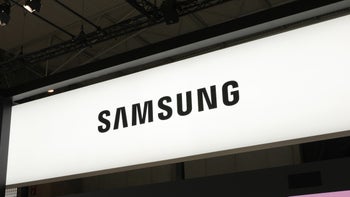
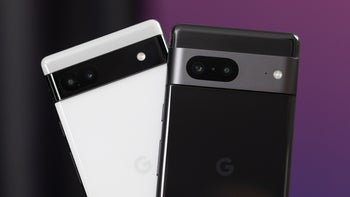
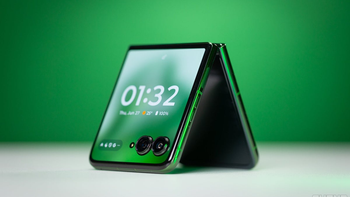
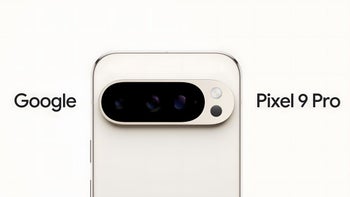

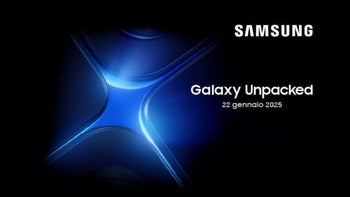
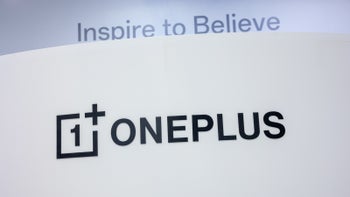
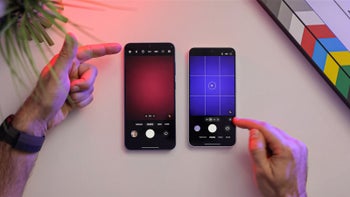
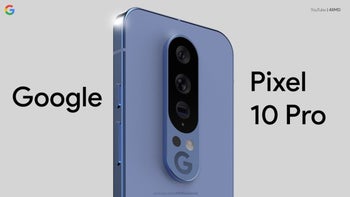
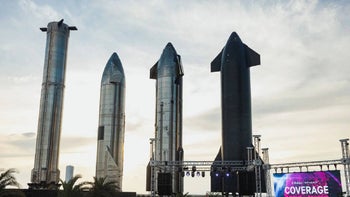
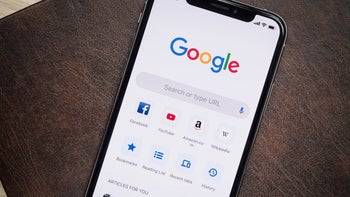
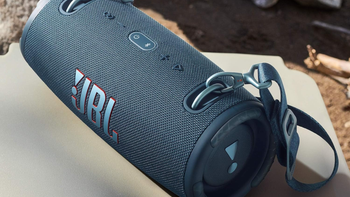
Things that are NOT allowed: